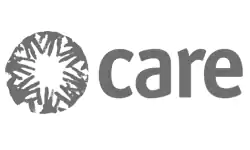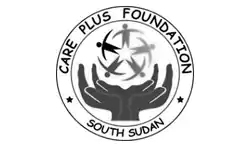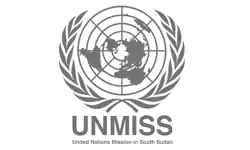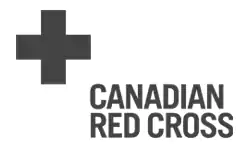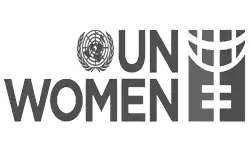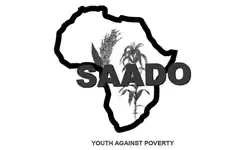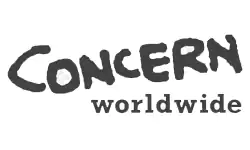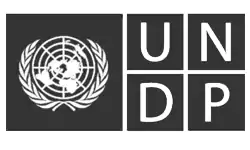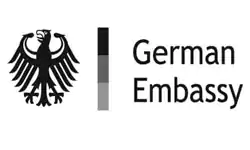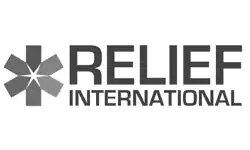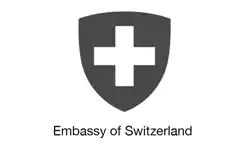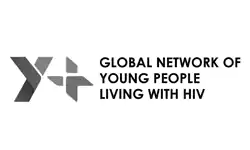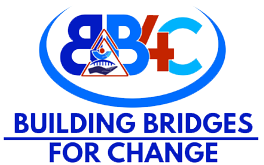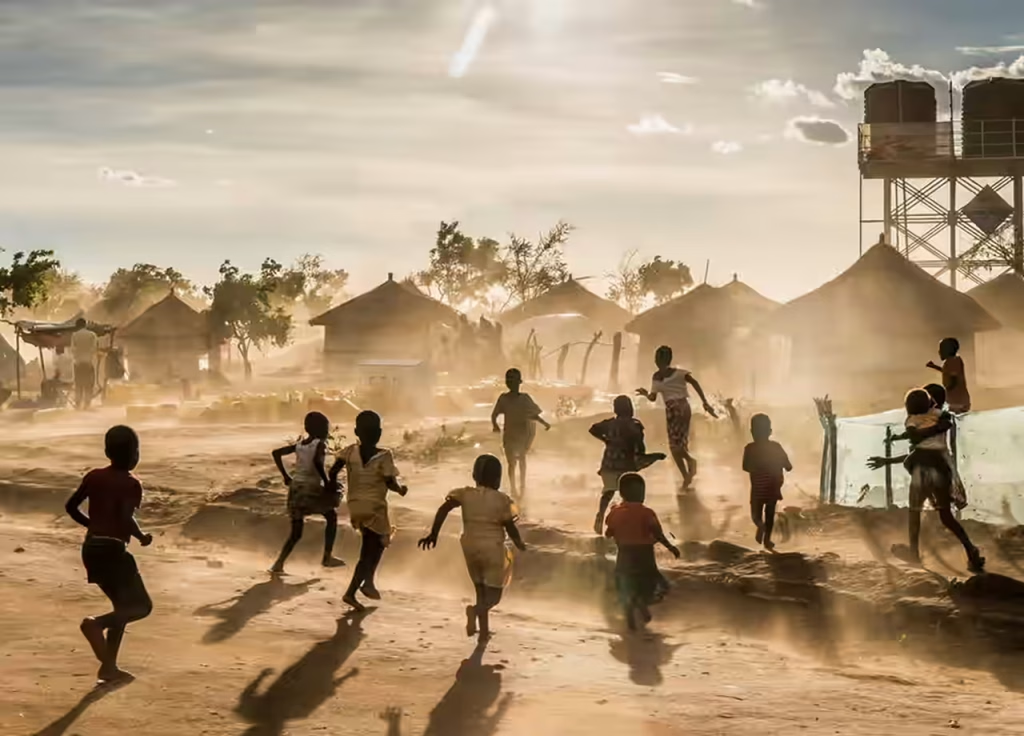
Gender-based violence (GBV): The most critical threats to the protection and wellbeing of women and children in South Sudan
Gender-based violence (GBV) is one of the most critical threats to the protection and wellbeing of women and children in South Sudan with 1 out of 4 women reporting having suffered cases of sexual violence as children and 1 out of 2 women having suffered cases of intimate partner violence as adults.
The full magnitude of this problem is unclear given most of the cases go unreported. Communities consistently cite sexual violence as the greatest protection concern for women and girls. Intimate Partner Violence (IPV) remains the most common form of GBV, which means women and girls are most at risk in their own homes, from their husbands and other family members.
With severe food insecurity and economic crisis across the country, women and girls also have to walk further to forage for food, firewood and other necessities to survive, exposing them to a greater risk of rape, abduction for the purposes of sexual slavery, and other forms of GBV.
Women and girls associated with armed groups who have escaped, report rape and other physical abuse. Decades of conflict have created a highly militarized environment and a culture of violence. This allows perpetrators of GBV to operate with greater impunity.
Survivors may fear stigma or reprisals, hence do not report. Impunity for perpetrators is also due to a weak legal system, consisting of a mixture of formal and customary laws. For women, customary laws tend to prevail, with rape cases – where reported – handled by community elders. Most cases of IPV are ignored as they are not considered illegal by South Sudanese customary law.
In 2024, BB4C reached a total of 14,832 people (5,975 girls; 4,021 boys; 3,779 women; 1,057 men) with GBV prevention (including awareness raising and social norms transformation), response services including individualized case management, psychosocial support, skills building courses, access to women and girls friendly services, risk mitigation information and referrals for other specialized services.
BB4C is currently working in Western Equatoria and Lakes states to provide psychosocial support, medical care, and case management to vulnerable and marginalized women including survivors of GBV.
We also strengthen technical capacity of service providers to deliver safe, appropriate, and quality care. In Western Equatoria, we have established and maintained 1 Women and Girl Safe Space (WGSS) where we provide psychosocial support and capacity building to survivors of GBV.
Our objective in GBV programming is to reduce the risk of GBV among vulnerable and marginalized women and girl while providing quality GBV support services to survivors of GBV to resume normalcy.
